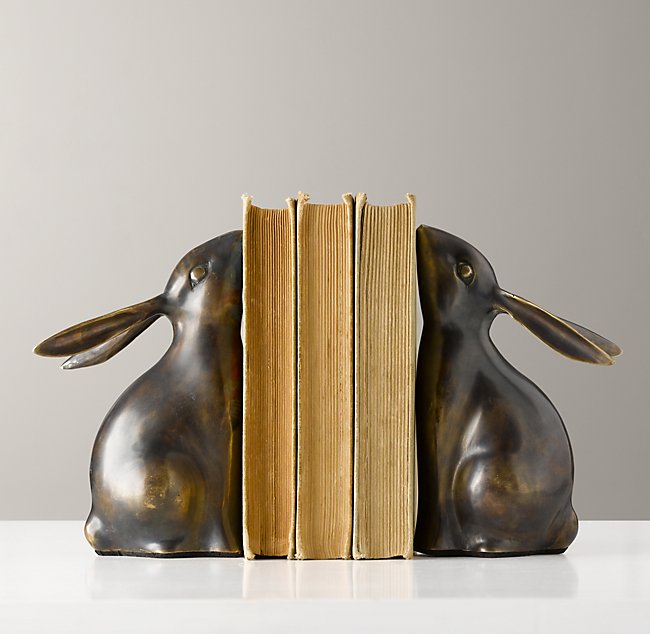The first two weeks after my husband died was a rough road
 |
| Photo used with permission, Wesley Tingey, unsplash.com |
...I had the inspiration to book an acupuncture session for grief. That's right: acupuncture is not just for allegies, arthritis, and pain. In fact, the history and uses of this component of Traditional Chinese Medicine go back to ancient times. Most communities have a number of acupuncture providers and I gained some familiarity with it when my husband used this therapy to relieve disease symptoms. Clearly, I longed for some emotional traction on this rugged track.
I was relieved that the acupuncturist was not surprised by my treatment request; Cera had deep professional experience and put me at ease in her calming suite. I was face down and needle-tingling from head to feet when a lilting instrumental rendition of "On Eagles Wings" began playing. The release of tears and tension poured out of me, softening the pain of my new reality with love, peace, and trust.
The reboot
Dr. Chen of the Chenzen Wellness Center likens acupuncture to rebooting your computer. He explains: "When you have an acupuncture session with a holistic approach, your body has done a reset of the entire energy system. It would relax your muscles and lower the stress hormones and even slow down your breath."
Grieving people may easily have tearful moments, but the 'easy' tears are often a response to incidental frustrations or loneliness, and easy tears often leave a person feeling drained. Chen describes the cathartic nature of acupuncture as restoring a "neutral state." That is how I feel after any acupuncture: calm and neutral.
Photo by Caitlin Wynne on Unsplash
"As suppressed emotions are merged to the surface and the heavy lid of the emotion container has melted away by the acupuncture, I have seen patients who cried for hours after acupuncture. Some said it was so satisfying to be able to express emotions openly like a kid again. The suppressed emotional stress in the body is similar to the pressure inside a volcano. After an eruption, it would return to a dormant stage. Just try to be a 5-years old yourself, to express your feelings openly which allows you to return to an emotionally neutral state." - Dr. Qiang Chen
Concluding the face-up portion of my treatment, Cera lifted the white sheet to remove needles; we both marveled that, at the location of the sternum needle, a small red heart of blood had been released onto the cloth. 💔
My return home did not signal a Grief Graduation---most of us know that's a silly idea; but the support was real and I felt strengthened. A couple months later, I went for a second session; because I was feeling more stable, it was comforting, calming, drama-free. Both grief and muscles improve with slow, steady attention; one day in the future you'll do something and say 'that didn't hurt like I thought it would.'
If you are a friend to a grieving person
You may mention: "I just read about someone who got some grief support with acupuncture." Just as you do not give unsolicited advice or make judgments about your friend's decisions, let your comment sink in or dissolve. It's your friend's grief journey and they will make their own choices, in their own time.
Thank you for caring and sharing!
To review a summary of posts and links on being widowed, click here:



































